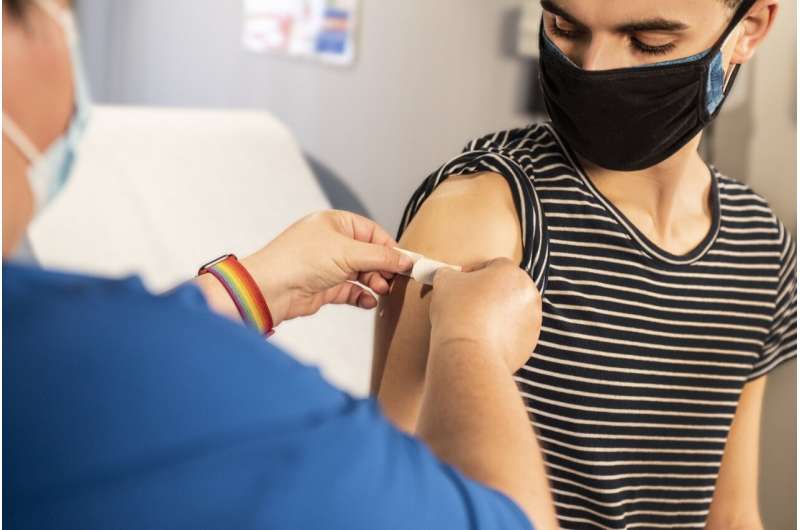Spring Weather Changes Bring Increased Mosquito Activity and Disease Risks

Learn how a warm, rainy spring increases mosquito activity and the risk of diseases like Ross River virus and Japanese encephalitis, and discover effective prevention strategies.
As Australia experiences a warm and rainy spring, the prevalence of mosquitoes and the potential for mosquito-borne diseases are on the rise. Mosquito bites are not only irritating but can also transmit serious illnesses. Understanding which diseases are present and how to protect yourself is essential during this period.
Mosquitoes are responsible for more human deaths than any other animal globally, with over half a million fatalities annually due to mosquito-borne illnesses like malaria. Although Australia has been largely free of malaria outbreaks, isolated cases still occur. The most common mosquito-transmitted disease in Australia is Ross River virus, which causes symptoms such as fever, joint pain, rash, and fatigue, affecting around 5,000 people each year. While not fatal, it can significantly impact quality of life.
Another concern is Murray Valley encephalitis virus, which can lead to severe neurological illness and is typically identified in northern Australia. Flooding in recent years has led to surges in waterbird populations that carry the virus, increasing transmission risk to humans. Additionally, coastal areas of Victoria have reported mosquito activity capable of transmitting bacteria that cause Buruli ulcer, a flesh-eating disease.
Japanese encephalitis is an emerging threat in Australia; it can cause fever, headache, vomiting, and rarely, death. In the recent past, cases have unexpectedly appeared outside typical regions, with evidence of the virus being present in Brisbane suburbs. Factors such as feral pigs and waterfowl play roles in the complex ecology of the virus, complicating prediction and control efforts.
Warmer weather and continued rainfall create ideal breeding conditions for mosquitoes. Regardless of whether the summer is wet or dry, mosquito activity tends to increase during warmer months, especially when standing water is abundant. The current climate forecasts above-average rainfall through to the end of the year, indicating an active start to the mosquito season.
Monitoring efforts by health authorities, including mosquito surveillance and pathogen detection, are crucial for early warning of disease outbreaks. As the risk of mosquito-borne diseases rises, public awareness and preventive measures become vital.
Protection strategies include vaccination for Japanese encephalitis for those at risk, proper use of insect repellents containing diethyltoluamide, picaridin, or oil of lemon eucalyptus, and wearing long-sleeved clothing when outdoors. Eliminating mosquito breeding sites around homes by regularly emptying containers that collect water is also important. While some products like wristbands and patches are marketed for mosquito prevention, evidence suggests they are ineffective.
Staying vigilant and implementing these precautions can significantly reduce your risk of contracting mosquito-borne diseases during this heightened activity season. For more information, consult local health authorities and consider professional advice on vaccination and protective practices.
Source: https://medicalxpress.com/news/2025-09-mosquitoes-diseases.html
Stay Updated with Mia's Feed
Get the latest health & wellness insights delivered straight to your inbox.
Related Articles
FDA Updates ADHD Medication Labels to Highlight Weight Loss Risks
The FDA has updated ADHD medication labels to warn about the increased risk of weight loss and side effects in children under 6, emphasizing safer prescribing and monitoring practices.
Japanese Company Seeks Approval for Stem Cell Therapy to Treat Parkinson's Disease
Sumitomo Pharma is seeking regulatory approval for a pioneering stem cell therapy for Parkinson's disease, following successful clinical trials showing safety and symptom improvement.
Assessing Risk Factors in Children with Congenital Heart Defects
A pivotal study identifies critical risk factors impacting survival in children with congenital heart defects awaiting or undergoing heart transplantation, guiding early intervention strategies.



